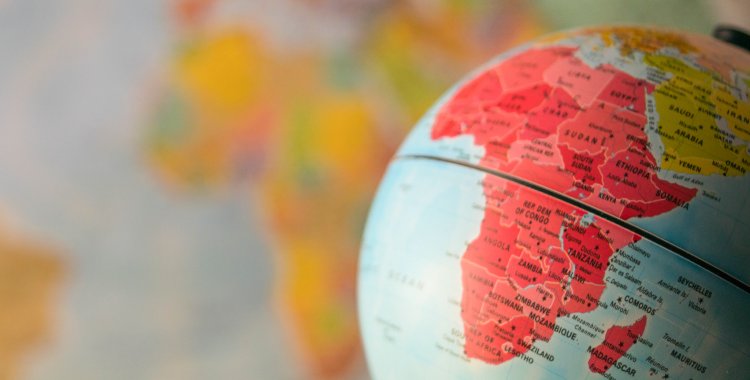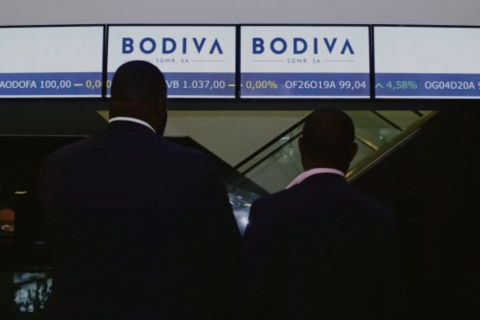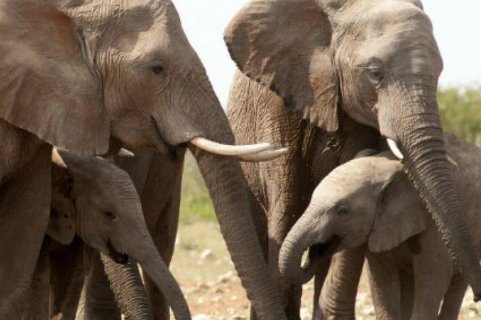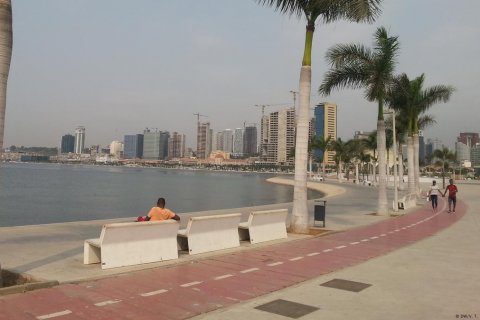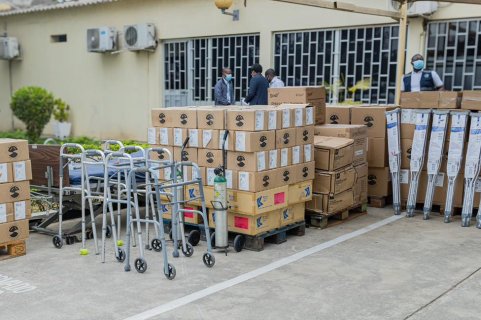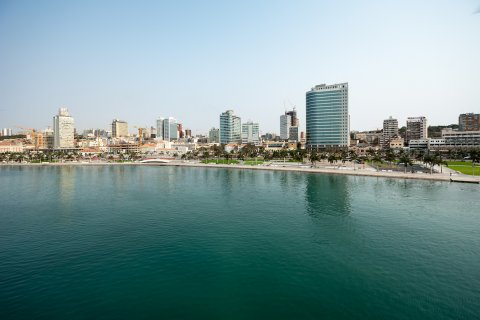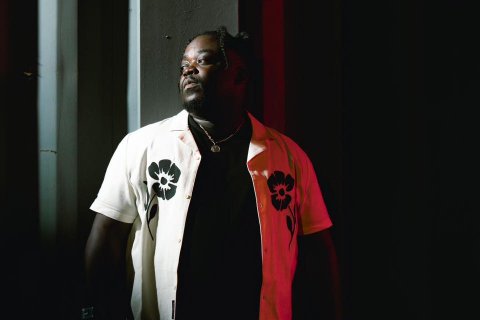Chinese creditors suspended repayment of 2.1 billion dollars in interest, which should have been paid by 2020. It was the highest amount among the G20 countries, according to China's Finance Minister Liu Kun.
However, the amount suspended by China is only part of the 13.4 billion dollars that the Asian country had planned to receive in 2020 from the 73 countries involved, according to the World Bank.
Chinese lenders tend to operate separately and no one knows exactly who lent to which country.
"China says it's cooperating, but it has no process to get its big lenders to work together," World Bank President David Malpass said last December.
The China Development Bank, which is a state-owned commercial bank, for example, has come in for criticism from other parties involved in the negotiations. Called the Debt Service Suspension Initiative (DSSI), the G20 agreement included only public investment banks.
Private creditors may choose not to participate in the G20 negotiations. Beijing considers its development bank a private creditor, although the institution is financed by public funds.
Angola, China's largest African borrower, has tried to renegotiate a repayment of 6.7 billion dollars, but has stumbled across the complexity of the negotiations, according to the International Monetary Fund (IMF).
The African country received loans from the China Import and Export Bank (Eximbank), but also from the China Development Bank, granted to the oil group Sonangol.
Chinese banks "do not give in to negotiations, because if they are conciliatory with one debtor they can set a precedent that will threaten their entire credit portfolio," described an analyst at Sinosure, a brokerage firm that works with major Chinese lenders.
"They may even agree to grace periods or reduced rates, but definitive cancellation is out of the question," he pointed out.
Beijing refused to participate in efforts to provide public debt relief to African countries, until agreement was reached in November during a meeting of the G20 countries in Saudi Arabia.
By 2020, the G20 countries had already suspended debt servicing to 73 countries, including about 40 in Africa, a mechanism that was extended until June 2021.
In total, the G20 countries suspended repayment of 5.3 billion dollars.
According to Johns Hopkins University, the government, banks and companies of the People's Republic of China lent about 143 billion dollars to African countries between 2000 and 2017.
The money lent by China was mainly for infrastructure projects, with raw materials such as oil or copper serving as collateral.
This represents about one-fifth of the loans borrowed by the continent.
The Asian country is also not a member of the Paris Club, where the main creditor countries negotiate suspension or debt forgiveness agreements by exchanging data on their loans.
"Chinese creditors prefer to discuss debt restructuring in secret and bilaterally," said Deborah Brautigam of Johns Hopkins School of International Studies. "This lack of transparency fuels suspicions about his intentions," he argued, quoted by France Presse.
In Africa, Angola accounts for 31 percent of the continent's indebtedness to China and 41 percent of all African debt service to Chinese official creditors this year, according to different estimates.

